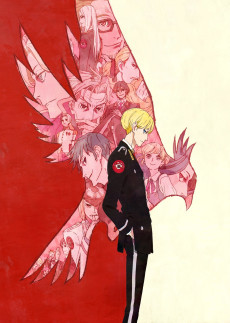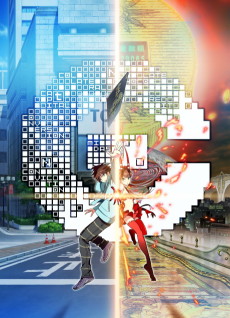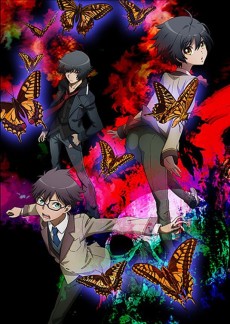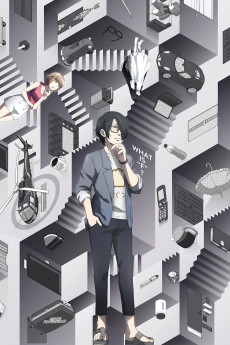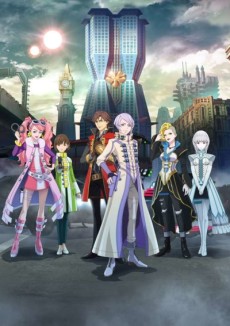FUGOU KEIJI: BALANCE:UNLIMITED
STATUS
COMPLETE
EPISODES
11
RELEASE
September 25, 2020
LENGTH
23 min
DESCRIPTION
Based on Yasutaka Tsutsui's novel, Fugou Keiji.
The story centers around millionaire Daisuke Kambe, the heir to one of the wealthiest families in Japan, who is assigned as a detective to the Modern Crime Prevention Task Force (aka MCPTF), at the Tokyo Metropolitan Police Department. Taking full advantage of his vast family wealth, he spares no expense in solving complex crimes, and has the tendency to evaluate everything including individual human lives in terms of their monetary value. Haru Katou, a detective with a compassionate heart who believes that money isn’t everything, is chosen as Kambe’s partner but is repulsed by his materialistic attitude. Having diametrically opposing personalities, witness how the two join forces to tackle seemingly unsolvable crimes and mysteries!
(Source: Fuji Creative Corporation)
Note: Although Tsutsui's novel was published between 1975 and 1977, the anime plays out in the modern era.
CAST
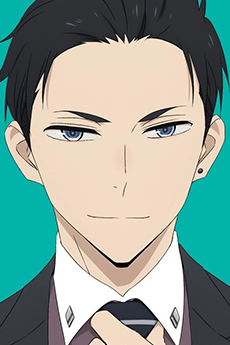
Daisuke Kanbe
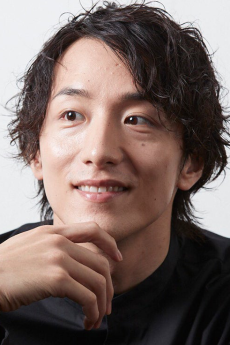
Yuusuke Oonuki
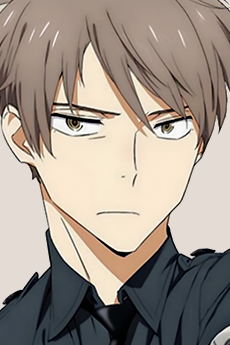
Haru Katou
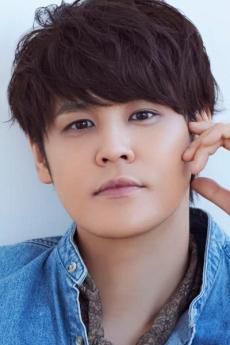
Mamoru Miyano
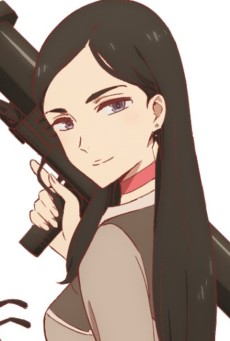
Suzue Kanbe
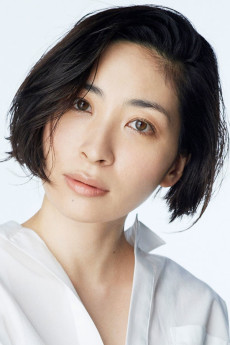
Maaya Sakamoto
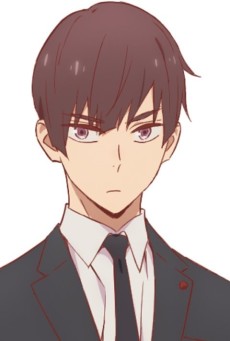
Ryou Hoshino
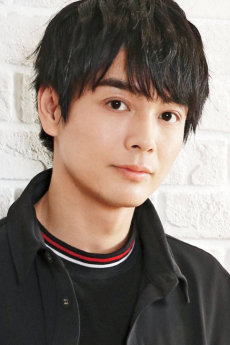
Junya Enoki
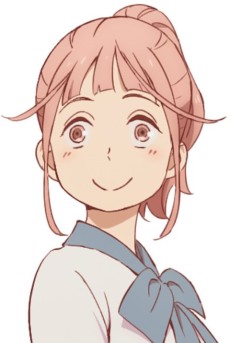
Mahoro Saeki
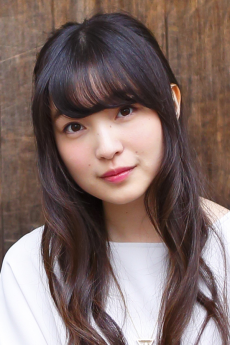
Reina Ueda
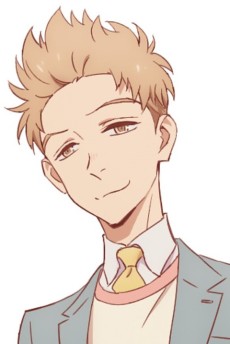
Shinnosuke Kamei
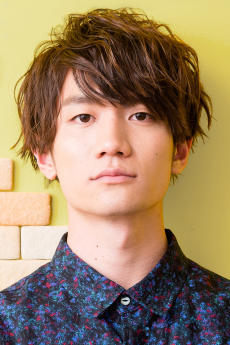
Kentarou Kumagai
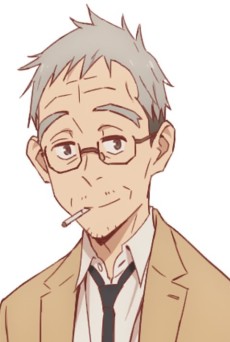
Chosuke Nakamoto
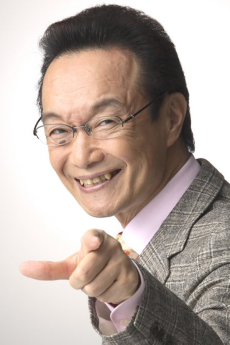
Akira Kamiya

HEUSC
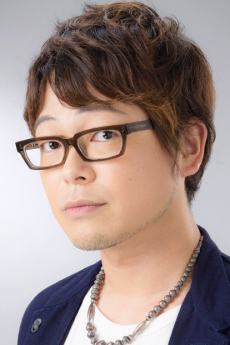
Kazuyuki Okitsu
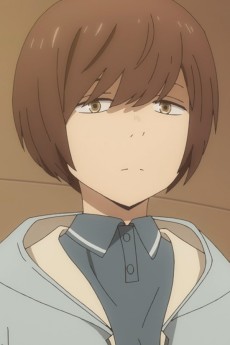
Yuuichirou Saitou
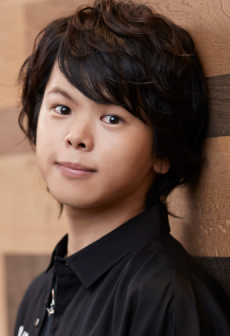
Ayumu Murase
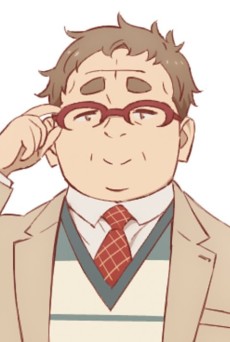
Yukihiro Kiyomizu
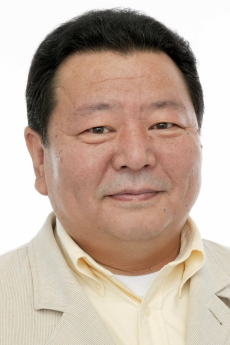
Kouzou Shioya
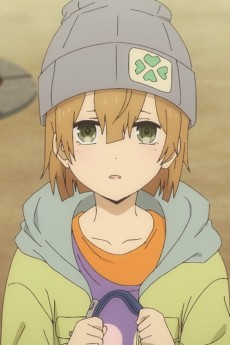
Tsuyoshi Nomura
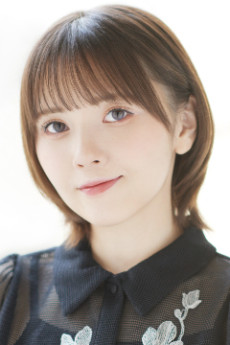
Akari Kitou
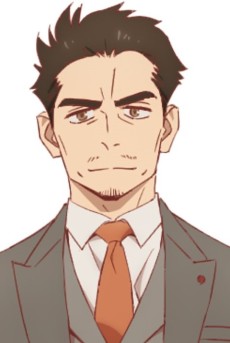
Katsuhiro Takei
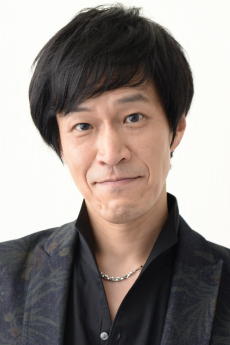
Rikiya Koyama
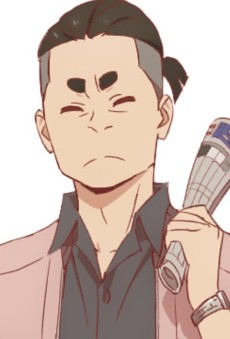
Teppei Yumoto
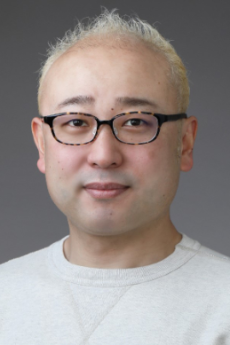
Shinya Takahashi
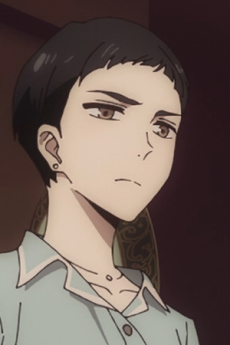
Sayuri Kanbe
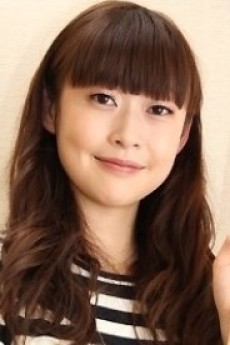
Mamiko Noto
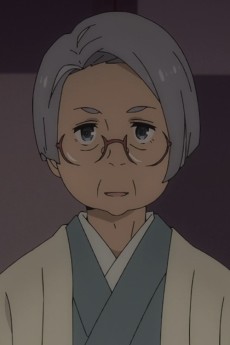
Kikuko Kanbe
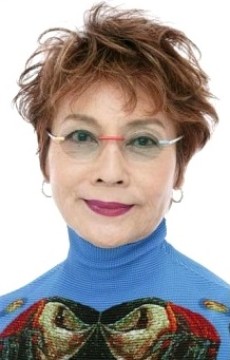
Nana Yamaguchi
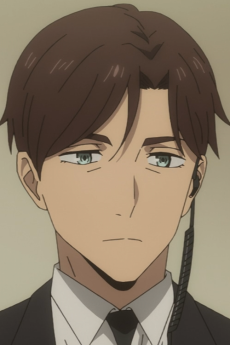
Ricardo
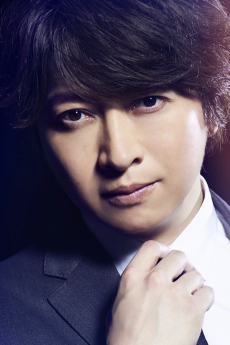
Daisuke Ono
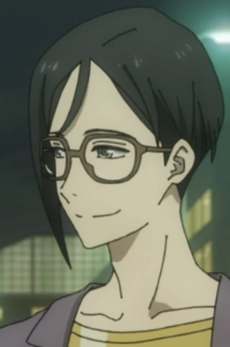
Yuta Izezaki
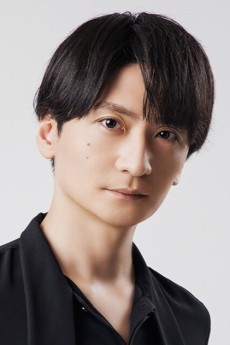
Nobunaga Shimazaki
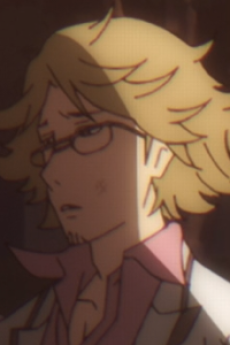
Mikio Umezu
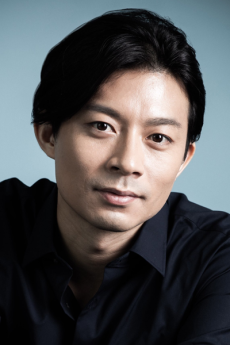
Ryousuke Takahashi
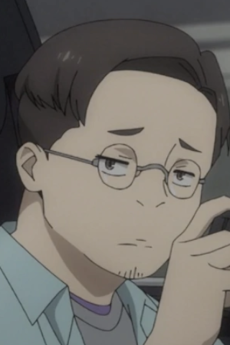
Akira Mita
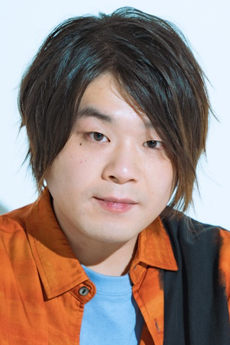
Yoshitsugu Matsuoka
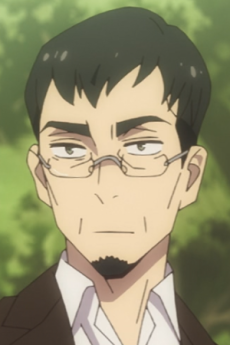
Jirou Hattori
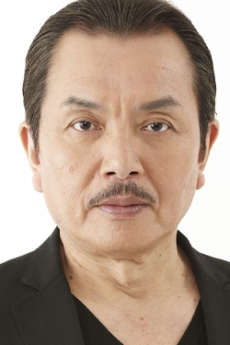
Hideaki Tezuka
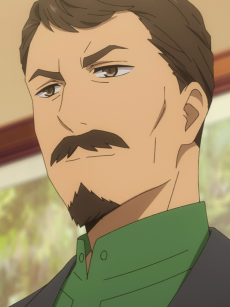
Alvarez
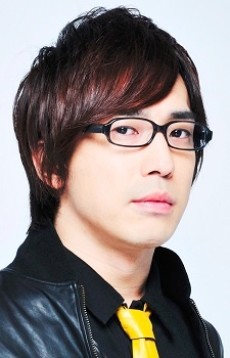
Hiroki Yasumoto
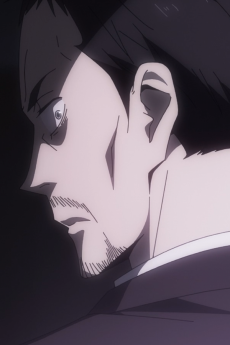
Shigemaru Kanbe
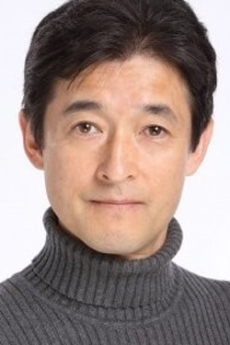
Mitsuru Miyamoto
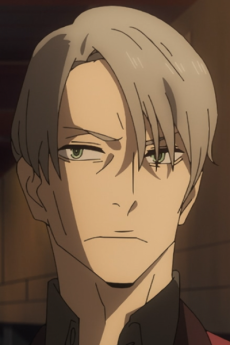
Frantz Weinski
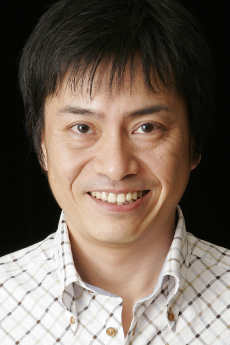
Hiroaki Hirata
EPISODES
Dubbed
REVIEWS

Lenlo
72/100An entertaining mystery thriller that couldn't decide what it wanted to be, but somehow stuck the landing at the end.Continue on AniList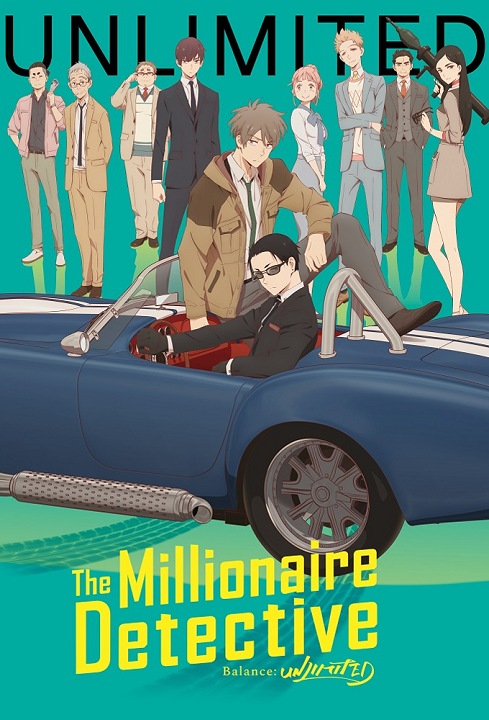
Genius, billionaire, playboy, philanthropist. There are a number of rather famous characters that fit this description, from Bruce Wayne to Tony Stark. And it was only a matter of time before anime came back with one of its own in Daisuke Kambe, of Fugou Keiji: Balance: UNLIMITED. Adapted by Studio Cloverworks from a novel series of the same name, originally written by Yasutaka Tsutsui and directed by Tomohiko Itou of Silver Spoon and ERASED fame, Fugou Keiji is a lot of things. It is both a comedy and a mystery. A tale of murder and revenge, of heroics and villainy, and perhaps most importantly: of family. And while there is no shortage of missteps along the way I can say one thing with certainty: Fugou Keiji is a fun show oozing in style and I cannot wait to talk about it with you. So lets jump right in!
(Disclaimer: This review contains minor spoilers for Fugou Keijil. You can also find individual episode write ups and comment on this review on my Star Crossed blog.)

Art/Animation Starting off as always, lets talk art and animation. Fugou Keiji’s art is easily one of my favorite aspects about its production. Something about the sharp, angular lines yet still realistic proportions lend it a sense of… style. I can’t quite figure out if its the linework, the slight softness to the angles or the characters eyes. Yet something about these designs really pique my interest. Its similar in a way to Haikyuu, though that one is much more brightly colored. Regardless the art and aesthetic of Fugou Keiji is one of the parts I enjoy the most and it lends itself well to the series. When it wants to be comedic, its just low-detail enough to get away with silly expressions. Meanwhile when it needs to be serious it can up the linework/eye detail to draw the viewer in. Add on some special effects and you have Fugou Keiji.
That said, Fugou Keiji is by no means a sakuga-fest. There are good moments no doubt, and they mostly come in the second half as things ramp up. A few fights get special treatment as do some character moments. But its nothing that’s ever particularly impressive. There is no Kimetsu no Yaiba episode 19 or or KyoAni confession scene here. Rather for a large portion of its runtime Fugou Keiji gets by with the bare minimum of animation. Instead relying on the Character Design work of Keigo Sasaki and his team along with the Director of Photography Toshiyuki Aoshima’s work. The best way to put it is that Fugou Keiji has no shortage of good looking stills. The series is well presented and well shot, which we will get into in a moment. But when the r/anime awards come, no one will be thinking of Fugou Keiji for animation.

Direction Next up we come to the Direction, which I believe did most of the heavy lifting carrying Fugou Keiji. Well either that or the characters, but we will get to those. Generally I think Fugou Keiji was shot pretty well. It made good use of its locations and wasn’t afraid to go for some wackier or more “Michael Bay”-esque shots. Some might view that as a negative, but with how little we see it in anime and this basically being a James Bond show, it felt nice. Additionally the Fugou Keiji was rather varied color wise, never afraid to paint the screen in red and oranges, blues and blacks or greens and beige. It changed the color palette of the scene to fit the mood. And while some of those were very “anime” moods that didn’t quite fit at times, I enjoyed it.
There were really only 2 issues I actually had on this front with Fugou Keiji: The lighting and the tonal disparity. For lighting it was very up and down. Some scenes were fantastically lit, playing off the fire or casting shadows well while others were so dark it was almost impossible to see. I understand wanting to set the mood with the darkness, however there comes a point where audience experience takes precedence. As for tone, this goes back to the previously mentioned “wackier” shots. We will get into it more later, but its as if Fugou Keiji couldn’t decide what it wanted to be. A lot of its gags worked because of how the scene was shot and directed. Only for that same style to be brought into more serious scenes or vice versa, negatively impacting the shot.
I can’t say for certain if Fugou Keiji would be better if it had chosen one tone or the other. The comedy is just as much a part of the series as the mystery and neither can really live without the other. In this way it is clear that Fugou Keiji was trying to be something akin to Batman. Where the absurdity of a grown man in a spandex suit dressed as a bat somehow doesn’t take away from the serious drama. Where a man can murder his way through a city dressed as a colorful clown, yet still be one of the most complex and interesting villains in the medium. However unlike Batman, Fugou Keiji doesn’t quite nail this balancing act. It isn’t enough to ruin the show, and most of the time it isn’t a problem at all. But when it does crop up, you definitely notice.

Setting/Story But what about the story that Fugou Keiji’s art and animation tells, how is that? Had you asked me prior to the finale, I would have answered thus: It is a fun James Bond/Batman romp that can’t figure out what it wants to be. Flip flopping between comedy and crime drama, Fugou Keiji is split between two very different shows. One is a riff on the Tony Starks and Bruce Waynes of media, the super heroes who’s only power is “Money”. In Daisuke Kambe, it gives us a character with all the pride and snark and wealth but absolutely none of the sense of moral responsibility and plays the entire thing like the absurd joke it is. Spending billions of yen to bring in boy bands to placate hostage grannies on a train or buying a building just to blow it and the criminals inside up. Its absurd fun.
The other is a James Bond spy drama with twists and turns, murder and betrayal. Fugou Keiji introduces us to a core murder mystery early on and largely plays it straight. We have corrupt cops, internal politics and an ideological conflict between Kato and Daisuke. One seeking justice through the system and moral means, the other only seeking results regardless of the methods. It’s a very competent, if straight forward, setup. The issue though is that these two shows are taking place in the same timeslot with the same characters, but largely feel independent of each other. The comedy gets in the way of the serious drama. Meanwhile the drama waters down the comedy. Early this is fine, comedy is the focus, and only becomes a problem as we dive deeper and deeper into the core conflict. At least that is what I would have said until the finale.
Let me be clear, the finale is by no means perfect. Fugou Keiji is, at the end of the day, a fun mystery romp that doesn’t take itself very seriously. But the finale, without spoiling it, brought these two disparate shows together. It managed to throw in one last twice, give us one last serious character conflict for our leads and resolve both in such a way that I couldn’t help but laugh along with Daisuke. Fugou Keiji’s story isn’t going to wow you by any means. It might take you by surprise in a few places and it will most definitely disappoint you in a few more, though we will talk about that later. What it will do though is deliver on its initial promise: Entertainment. I was never not entertained by Fugou Keiji and its story. And at the end of the day, what’s more important than that?

Characters And now we come to the characters, the core of the show! I’ll just come right out and say that I really enjoyed Fugou Keiji’s characters. Kato and Daisuke bounced off of each other well and though their arcs weren’t perfect, the finale did a lot for them as well. Early on they are portrayed as your usual double act, Kato as the straight man and Daisuke as the funny man. Fugou Keiji has a slight twist on this in that Daisuke is stoic while Kato is the one who overreacts. But Daisuke is also the source of the absurdity 90% of the time. In a way it adds another layer to the dynamic, making it seem even more absurd and comedic when Daisuke takes his own absurdity with complete sincerity. More than once what made the comedy work was Daisuke’s complete and utter non-reaction, and it was great.
As the series progresses, and we start to see the narrative issue mentioned before, the characters shift as well. The comedy is still there but Fugou Keiji starts to show us deeper aspects of who they are. Starts to establish them as actual people rather than comedic stereotypes. We come to see what Daisuke’s home life is like, how pampered and naïve he is when it comes to the real world. Similarly we see Kato’s rigid moral compass and his frugal way of living. The two start to bounce off of and effect each other in meaningful ways, with the comedy just facilitating this exchange. The only real negative I have about the characters is that their arcs seem… underutilized? The next paragraph is going to contain spoilers for their arcs, so please read at your own risk. Otherwise just know that I enjoy them but wish they were more.
All in all, I quite enjoyed Fugou Keiji’s characters despite the fact that they could’ve been more. It did a great job of easing us into them. Using the early comedy to establish their dynamic and the premise of the show without expecting us to be invested in a serious drama right off the bat. It gave the audience time to get used to and get to know the characters. To come to care for them before the big life-threatening plot. And so when that plot did come around, the audience is already emotionally invested and prepared to care about their actions. The best way to put it I think is that Fugou Keiji slow-rolled us on the feels and it worked out. I will gladly take this over any number of drama shows that expect me to care about my leads dead mother or whatever right out the gate.

OST/Sound Design Finally we come to the OST, which I love. Sadly as of writing this, the OST is not officially released. At least not in a way I can get my hands on it. This makes linking to specific songs difficult but I will try my best. The only way I can really describe Fugou Keiji’s OST is fire. My two favorite, and best, examples of this have to be the OP and the ED, the ED being one of my favorites of the year. Between the lyrics, the beat and the slow almost refined sound of the bass I love it. I can’t quite think of the word to describe it, as it isn’t “Jazz” in the slightest. Yet I get a very similar vibe from Fugou Keiji’s OST as I do Jazz music. This style, this distinct and prominent rhythm, etc. And it goes beyond just the bookend songs.
Granted, most of the time Fugou Keiji’s OST felt rather average. Some strings, a basic orchestra in the back, the kind of mood setting music you would expect. It neither really enhanced or took away from whatever scene it was in. Every now and then though you would get something like this: Warning, this contains spoilers for episode 3. You would get some kind of stylish or absurd piece that fit the moment perfectly. It could come in for something silly like this or it could be the perfect song to tie together a dramatic moment. I wish I had an actual OST to link you to, with specific songs to prove my points. I am not nearly musically educated or eloquent enough to make this point. So instead all I can say is this: I have 0 complaints about this OST, and I doubt you will either.

What could have been vs what was Now you might be wondering, what the hell is this section of the review and why should I read it? This is basically where I am going to talk about what I wish Fugou Keiji had done differently. Why criticize something without at least trying to be constructive about it, right? This has no bearing on the final score and is entirely my lobbing ideas. My hope is that it will give some perspective to you read above, why I liked some things and not others etc. And fair warning, there will be some serious spoilers in here. Don’t read it if you haven’t already watched Fugou Keiji. Now lets roll!
Now in case you haven’t guessed yet, my biggest issue with Fugou Keiji is the tonal inconsistency of it. For a large portion of it’s runtime, Fugou Keiji can’t decide if it wants to be a parody of Tony Stark/Bruce Wayne or an actual detective/mystery thriller. It sort of makes this transition in episode 4, as it leaves behind a lot of the absurdity, but not completely. And I would have preferred it if it had committed more to that switch. Take the AR setup they use to get Takei to basically confess. Not only does this come out of nowhere, but it completely undermines a possible 3 way conflict between Cho, Takei and Daisuke. We could have had an entire arc of them going against each other before they recognize they are on the same side. Instead Fugou Keiji introduces and resolves it in a single episode.
Beyond that Fugou Keiji didn’t use its premise as strongly as it could’ve. Take for instance HEUSC, Daisuke’s AI helper and companion for the show. We learn early on that it cannot be trusted, that someone else is using it and able to shut Daisuke out. And yet Daisuke and Suzue never stop trusting or using HEUSC. There is no conflict there, no distrust, nothing ever happens with that plot point. Fugou Keiji could have had Daisuke take control of HEUSC back, give us another small arc of him without his money/resources and show how he has learned from Kato in doing things the old fashioned way. It also could have been used to let the villain compete with Daisuke on the whole “Balance Unlimited” side of things to. It just feels like HEUSC is underutilized as a plot element, stuck as nothing more than a fancy tool.
None of this is to say that Fugou Keiji is bad, it certainly isn’t. I was never not entertained while watching it, and at the end of the day, that’s the most important thing in my mind. I was always ready for the next episode, even if I ended the episode thinking it could have been more. And credit where its due, Fugou Keiji managed to pull out a fantastic twist at the end that doubled up on the both the character and narrative arcs of the series. Just because I think Fugou Keiji could have been more and used its premise better doesn’t invalidate the work it did put in and what it did accomplish.

Conclusion So all in all, at the end of the day, how was Fugou Keiji: Balance: Unlimited? Well for all of its faults, despite the fact that I think it could have been a 10/10, that doesn’t undo what it did accomplish. I was never not entertained by Fugou Keiji, I was always looking forward to the next episode. And while I might end those episodes thinking they could have been more, at the end of the day, I think its the entertainment that matters. Not every show has to reach for the stars and make some grand philosophical argument. Its nice when it happens, but there is nothing wrong with some popcorn crime drama. And Fugou Keiji delivers on that popcorn crime drama and then some.
Thanks for reading. If you want to leave a comment you can do it at here or on my site linked above. I always love feedback and I will see you next season!

myatelier
85/100Do not miss out on the chance to see what money can buy when the balance is unlimited.Continue on AniListREVIEW: ‘The Millionaire Detective: Balance Unlimited’
? SPOILERS MAY BE AHEAD ?The Millionaire Detective: Balance Unlimited Season 1 is a detective, sci-fi drama based upon the 1975 novel, Fugou Keiji, by author Yasutaka Tsutsui. The Millionaire Detective: Balance Unlimited was produced by the studio CloverWorks and licensed by Funimation. The story follows the rise of Japan’s most unorthodox detective, Daisuke Kambe. Daisuke’s family is one of the wealthiest families in the world, and as heir to the Kambe fortune, he chooses to spend his money on gadgets and repairs to damage caused while he is fighting crime. Although the story is focused on Daisuke and his influence on the Modern Crimes Force, it is told through his relationship with his partner on the force, Haru Kato.
The Millionaire Detective: Balance Unlimited Season 1 was a dazzling display of nuanced storytelling and high-octane action pieces. Where the show succeeds is in its patience and ability to keep the overarching plot shrouded in mystery as the detective duo solve crimes together. As each layer of their characters are pulled back, so do layers of the plot.
I went into this show expecting a fun detective drama with a rich, Bruce Wayne/Tony Stark-Esque detective and his sidekick. Instead, by the time the season reached its conclusion, I was left with something else. I got a sci-fi mystery in which relationships were tested and twists were so sharp it completely changed the framework of the show. Additionally, the kinship between Daisuke and Haru was more palpable and well-done than any relations in any show in recent memory. The first five and a half episodes are spent believing that an action, detective anime about two opposite personalities is all that the audience will get. Based on the quality of those first five and a half episodes, that would still be an amazing show. However, it is the final five and a half episodes from Season 1 where The Millionaire Detective: Balance Unlimited sets itself apart as one of the best shows of 2020.
As previously mentioned, Daisuke Kambe comes from a rich family. Rich may not even cut it, as the Kambe clan is worth so much money it would make Facebook and Google look like small startups. This point is driven home each time Daisuke calls upon his AI butler, HEUSC, to pay for damages to property or to pay off leads. At his command, HEUSC can transfer any amount of money and will simply respond with, “Balance unlimited.”
This leads to another of The Millionaire Detective: Balance Unlimited’s strengths: action set pieces. During each action scene in the first five episodes, Daisuke and Haru manage to damage property across the city, wreck cars, and shoot off futuristic weapons that would make Iron Man jealous. Normally that would cause any member of the Japanese government (detectives included) to be terminated immediately. However, due to the Kambe’s standing with the Japanese government and the fact that Daisuke reimburses all damages at double the price, anything goes for the two heroes.
Where The Millionaire Detective: Balance Unlimited also receives acclaim and praise is in the character development of both Daisuke and Haru. The strength of their characters alone would be enough to carry an entire show. Seeing how well they mesh together and inform upon each other makes it one of the best dynamics in all of entertainment.
Daisuke is a cold and calculating man in his mid-20s. During the course of the season, his motives for wanting to become a detective in the Modern Crimes division are unclear, much to the annoyance of Haru. As each episode unfurls, Daisuke is revealed to be cold and calculating only because of how focused and determined he is to make a difference. During episode four, “Nothing Makes A Man so Adventurous as an Empty Pocket,” Daisuke’s caring side is placed front and center, as the man, who the audience is led to believe only cares about flashy cases and dramatic arrests, spends his day off searching for a child’s lost dog. After that, the team behind Millionaire Detective does an amazing job of conveying his feelings of care, pride, and strength in his work through some dramatic reveals of the plot and how it intertwines with his family business’s dark past.
Haru Kato is a seasoned veteran of the police force and ex-member of the First Division (one of Japan’s special units of detectives and investigators). However, he was demoted due to a mistake made during a hostage rescue that Haru could not move past emotionally. Haru is idealistic, focused solely on justice, and can be a bit naive in his pursuit of an ideal society. However, that makes him a role model for a few members of the First Division, and an annoyance for many others. He butts heads with Daisuke often, as Haru believes justice should be served as long as the rules are followed. Daisuke believes that money can solve everything so why worry about rules? Over the course of the season, Haru becomes a beautiful representation of how to deal with regaining one’s confidence and the ability to cope with self-doubt.
Millionaire Detective: Balance Unlimited is an absolutely amazing show any fan of anime, or detective shows, in general, must-watch. Twists and turns within the plot make the audience watch each episode with unbridled excitement as it is never a guarantee of what will happen next. The action in the show is gorgeous, the dialogue between characters is hilarious and the growth of Daisuke and Haru rivals any show I’ve seen.

bokutoism
100/100An excellent fun & thrilling anime with a twist. Must watch to ease your mind.Continue on AniListIf you want an anime that is not too heavy but the plot is very enjoyable with a sparks of thrill, I suggest you to watch Fugou Keiji Balance: Unlimited. This anime has a plot twist too so this won't be your typical basic anime ;-). Starting off with Haru Kato, worked as a Detective and then he got a partner named Daisuke Kambe, who's a Millionaire detective, or in short, he likes to use his money to solve everything.
Although I had to wait for months for this anime to continue, I must say that Fugou Keiji Balance: Unlimited is one of my favorite anime to watch and to rewatch. I actually forgot where I knew about this anime because I just watched it with no reason? (I didn't have anitwt before so I was confused where I got this anime information, lol). All I know is this anime didn't have manga (as far as I know, actually) and I heard this anime based on a light-novel which makes me curious about it. Not to be exaggerating but this anime has a really special place in my heart, lol. This is the first anime that I always wait for it (I had to watch it at 1 a.m. in the morning, yes I was so in love with Daisuke Kambe), and this is my first anime that I watch it ongoing so yeah this proves that this anime was really really good.
I should say that when I watched this for the first time, I thought this anime is a type of anime who has not-connected episodes, which means I can watch and jump around to the next episodes without worrying what might happen if I didn't watch the previous episode, but I was wrong. In my opinion, the plot is well written and somehow its all connected in the end. The anime also gives us a more explained story about friendship, family and about job too. Especially when Daisuke slept over at Haru's house because he accidentally left his phone and also his HEUSC earring, which was cute to see Daisuke's other side; wearing hoodie with his hair down and sleepy eyes. This anime has fighting scene too that still enjoyable (not too much hit and punch this and there so its still okay if you cannot watch any fighting scene), also the characters are super eye-pleasing to me. It was so funny to see Daisuke and Haru are fighting over little problems which led them to developing a healthier friendship than before.
My favorite scene probably would be where Daisuke and Haru in the ship where Daisuke had this fighting scene with the old man with red suit (sorry I forgot his name. He reminds me of Victor of Yuri!! On Ice) and the scene where Daisuke turned a soft baby with Haru's red hoodie. Honestly every scenes on Fugou Keiji Balance: Unlimited are lovely.
Fugou Keiji Balance: Unlimited gave me so much memories that I will treasure it forever. I hope Fugou Keiji Balance: Unlimited will get a season 2.
SIMILAR ANIMES YOU MAY LIKE
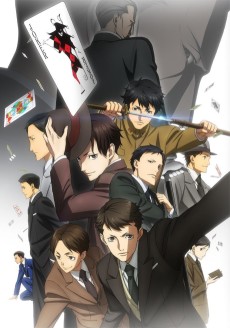 ANIME ActionJoker Game
ANIME ActionJoker Game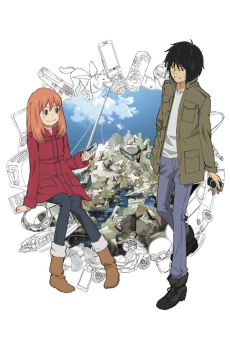 ANIME DramaHigashi no Eden
ANIME DramaHigashi no Eden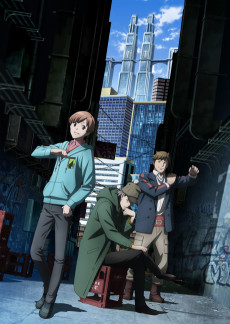 ANIME ComedyKabukichou Sherlock
ANIME ComedyKabukichou Sherlock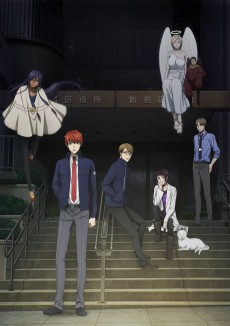 ANIME FantasyMayonaka no Occult Koumuin
ANIME FantasyMayonaka no Occult Koumuin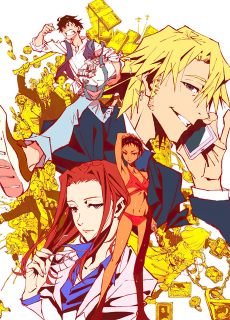 ONA ActionGREAT PRETENDER
ONA ActionGREAT PRETENDER ANIME ActionTIGER & BUNNY
ANIME ActionTIGER & BUNNY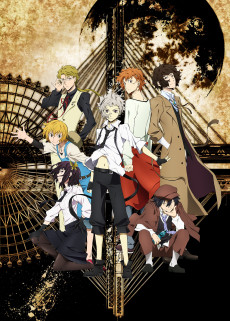 ANIME ActionBungou Stray Dogs
ANIME ActionBungou Stray Dogs
SCORE
- (3.7/5)
TRAILER
MORE INFO
Ended inSeptember 25, 2020
Main Studio CloverWorks
Favorited by 2,864 Users
Hashtag #富豪刑事BUL

